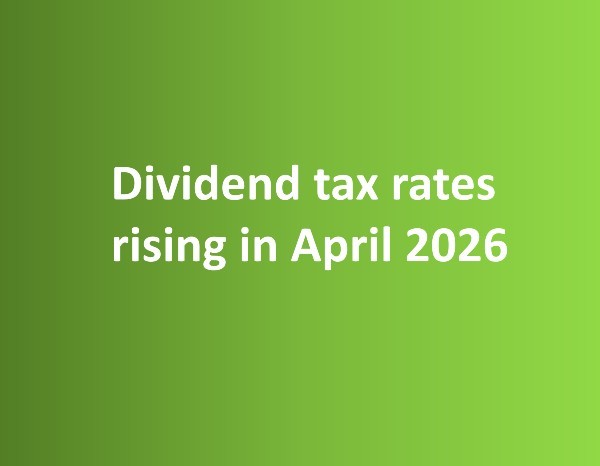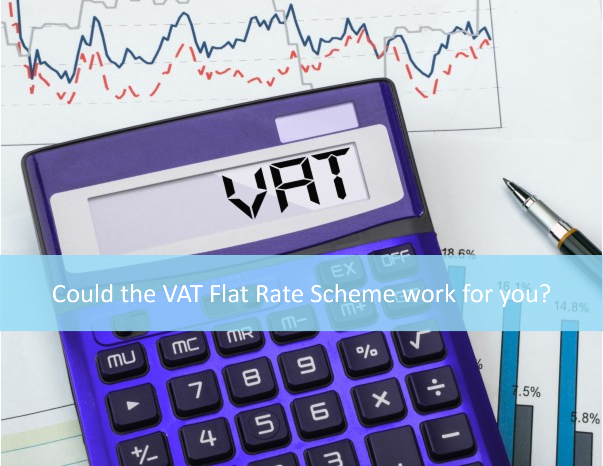.jpg)
One of the essential requirements for re-claiming input tax on a VAT return is the requirement to have a valid VAT invoice.
To be valid, a VAT invoice must include certain obligatory information, such as details of the goods or services procured, the VAT registration number of the supplier and their address and show the amount of VAT on a separate line to the cost of the expense.
HMRC routinely carry out VAT inspections for compliance purposes. If they find invoices that don't include the information mentioned, they will be classed as invalid VAT invoices. If this happens, the worst case is the denial of the input tax claim. This could lead to further problems if HMRC believes that invalid invoices may have been issued previously. However, there are strategies that can prevent this from happening.
In the first instance, the supplier should be contacted immediately. If they are a legitimate VAT-registered business, they should have no problem replacing the invoices with versions that meet the requirements. However, with many businesses closing due to COVID-19 over the last 18 months, it could be possible that no supplier available to contact. If this is the case, it may still be possible to claim the input tax if other evidence can be provided. The claimant will also need to demonstrate to HMRC that they attempted to contact the supplier to obtain valid invoices as a first step. It's worth obtaining proof of the business' closure, such as a screen-print of the website stating that it is no longer trading.
Fundamentally, HMRC will want evidence that shows that the supply has been made to the person making the claim, and that this was subject to VAT at the appropriate rate. They will also want the claimant to show that payment had been made. This could be done by matching bank statements to purchase order details for example.
HMRC's guidance at VIT31200 details the questions the compliance officer will be asking themselves when checking alternative evidence.
This is another reminder that keeping sound internal business records is a vital part of securing the correct tax deductions, including those for VAT input tax.
The information provided in this blog is for general informational purposes only and should not be considered professional advice. As far as we are aware, the content is accurate at time of publication. Torgersens assumes no responsibility for errors or omissions in the content or for any actions taken based on the information provided.

.jpg)

.jpg)




